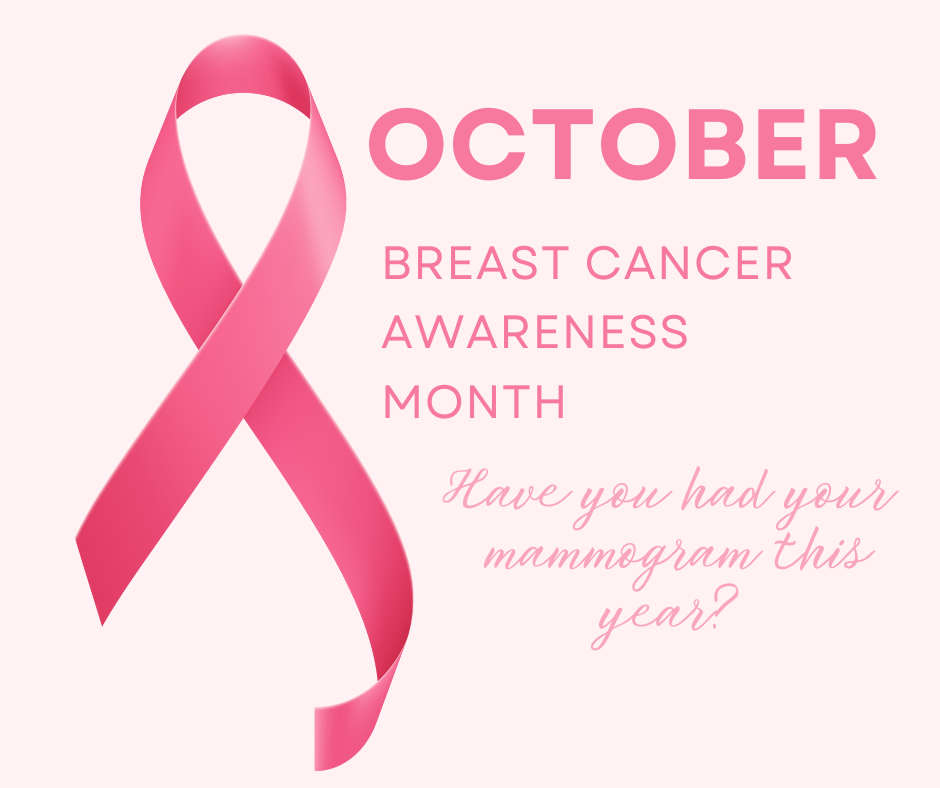Breast cancer is the most common cancer affecting women in the United States with the exception of skin cancers. In general, the typical likelihood of a woman in the United States encountering breast cancer at some point in her life stands at approximately 13%. This equates to a 1 in 8 probability of her developing breast cancer, while conversely, there is a 7 in 8 likelihood that she will remain free from the disease. While some risk factors are beyond our control, here we will share some ways to reduce your risk of breast cancer.
Maintain A Healthy Weight
Excess body weight, especially after menopause, is associated with an increased risk of breast cancer. Adopting a balanced diet and engaging in regular physical activity can help you achieve and maintain a healthy weight.
Stay Physically Active
Regular exercise not only helps control weight but also has a direct impact on breast cancer risk. Aim for at least 150 minutes of moderate-intensity exercise or 75 minutes of vigorous-intensity exercise per week.
Eat A Balanced Diet
A diet rich in fruits, vegetables, whole grains, and lean proteins can contribute to better overall health and lower breast cancer risk. Limiting your consumption of processed foods and sugary drinks is also recommended.
Limit Your Alcohol Consumption
Research suggests that even moderate alcohol consumption can increase breast cancer risk. If you choose to drink alcohol, do so in moderation, or consider alternatives like non-alcoholic beverages. Moderate alcohol use for healthy adults generally means up to one drink a day for women and up to two drinks a day for men.
Don’t Smoke
Smoking is linked to various types of cancer, including breast cancer. If you smoke, seek assistance to quit, and avoid exposure to secondhand smoke.
Breastfeed, If Possible
Breastfeeding can lower the risk of both breast and ovarian cancers. If it’s an option for you, consider breastfeeding for as long as you can.
Be Aware of Your Family History
Know your family’s medical history, particularly regarding breast and ovarian cancers. If you have a family history of these cancers, discuss your risk with a healthcare professional.
Hormone Replacement Therapy (HRT)
If you’re considering hormone replacement therapy to manage menopausal symptoms, discuss the potential risks and benefits with your doctor. HRT may slightly increase breast cancer risk.
Get Regular Screenings
Mammograms and clinical breast exams are vital for early breast cancer detection. Follow recommended screening guidelines, and report any changes or concerns to your healthcare provider promptly.
Reduce Stress
Chronic stress may contribute to health problems, so incorporate stress management techniques like mindfulness, yoga, or meditation into your daily routine.
Maintain a Healthy Vitamin D Level
Some studies suggest that maintaining adequate vitamin D levels may lower breast cancer risk. Discuss vitamin D supplements with your healthcare provider if needed.
Stay Informed
Stay updated on breast cancer research, risk factors, and prevention strategies. Knowledge is a powerful tool for making informed decisions about your health.
Overall, lowering your breast cancer risk involves making healthy lifestyle choices and staying informed. While there are no guarantees, these strategies can significantly reduce your chances of developing breast cancer and improve your overall health and well-being. Remember that early detection through regular screenings remains a crucial element in the fight against breast cancer, so prioritize your health and well-being today.
At GYN Women’s Centre of Lakewood Ranch, we offer compassionate care to women at every stage of life. Schedule your appointment here to make sure you are keeping up with your annual screenings. If you are over 40 years of age, ask your healthcare provider about mammograms.


